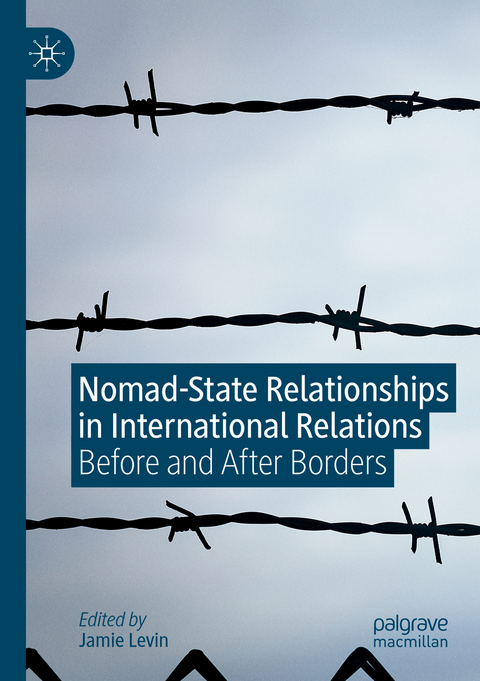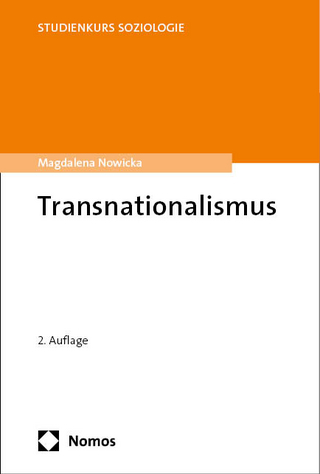
Nomad-State Relationships in International Relations
Springer International Publishing (Verlag)
978-3-030-28055-0 (ISBN)
lt;b>Jamie Levin is Assistant Professor in the Department of Political Science at St. Francis Xavier University in Nova Scotia, Canada.
1.Introduction: Nomad-State Relationships in International Relations
2.Nomads and States in Comparative Perspective
3.The Anti-Nomadic Bias of Political Theory
4.Before and After Borders: The Nomadic Challenge to Sovereign Territoriality
5.Standard of Civilization, Nomadism and Territoriality in Nineteenth Century International Society
6.Frontier Energetics: The Value of Pastoralist Border Crossings in Eastern Africa
7.Seeing the Nomads like a State: Sweden and the Sámi at the Turn of the Last Century
8.African community-based conservancies: Innovative governance for whom?
9.In Limbo of Spatial Control, Rights and Recognitions: The Negev Bedouin and the State of Israel
10.Imperial Chinese Relations with Nomadic Groups
11.On Being Orang Suku Laut in the Malay World
12.From Gypsies to Romanies: Identity, Cultural Autonomy, Political Sovereignty and (the Search for a) Trans-territorial State
13.International Relations and Migration: Mobility as Norm rather than Exception
"A welcome addition to our understanding of nomadic peoples. ... an excellent volume that adds considerable new information and ideas for the further study of nomads. Nomad-State Relationships in International Relations will be of interest to a wide audience. Those interested in nomadic pastoralism will find new insights and others interested in history and the rise of nation states will find value in various chapters. Diplomats and policymakers in the field ... will also benefit from the ideas presented." (Daniel J. Miller, Nomadic Peoples, Vol. 26 (1), 2022)
“A welcome addition to our understanding of nomadic peoples. … an excellent volume that adds considerable new information and ideas for the further study of nomads. Nomad-State Relationships in International Relations will be of interest to a wide audience. Those interested in nomadic pastoralism will find new insights and others interested in history and the rise of nation states will find value in various chapters. Diplomats and policymakers in the field … will also benefit from the ideas presented.” (Daniel J. Miller, Nomadic Peoples, Vol. 26 (1), 2022)
| Erscheinungsdatum | 21.04.2021 |
|---|---|
| Zusatzinfo | XV, 281 p. 5 illus. |
| Verlagsort | Cham |
| Sprache | englisch |
| Maße | 148 x 210 mm |
| Gewicht | 393 g |
| Themenwelt | Sozialwissenschaften ► Politik / Verwaltung ► Europäische / Internationale Politik |
| Sozialwissenschaften ► Politik / Verwaltung ► Vergleichende Politikwissenschaften | |
| Sozialwissenschaften ► Soziologie | |
| Schlagworte | anthropology and IR • anti-nomadic bias • Borders • Border Security • Ethnic Studies • IR theory • Migration • migratory groups • Nationalism • nomadic groups • Nomadic resistance to states • Nomadism history • nomadism in 19th century • Nomads • nomads as non-state actors • Non-State Actors • Political Science • security studies • state threats |
| ISBN-10 | 3-030-28055-1 / 3030280551 |
| ISBN-13 | 978-3-030-28055-0 / 9783030280550 |
| Zustand | Neuware |
| Haben Sie eine Frage zum Produkt? |
aus dem Bereich


